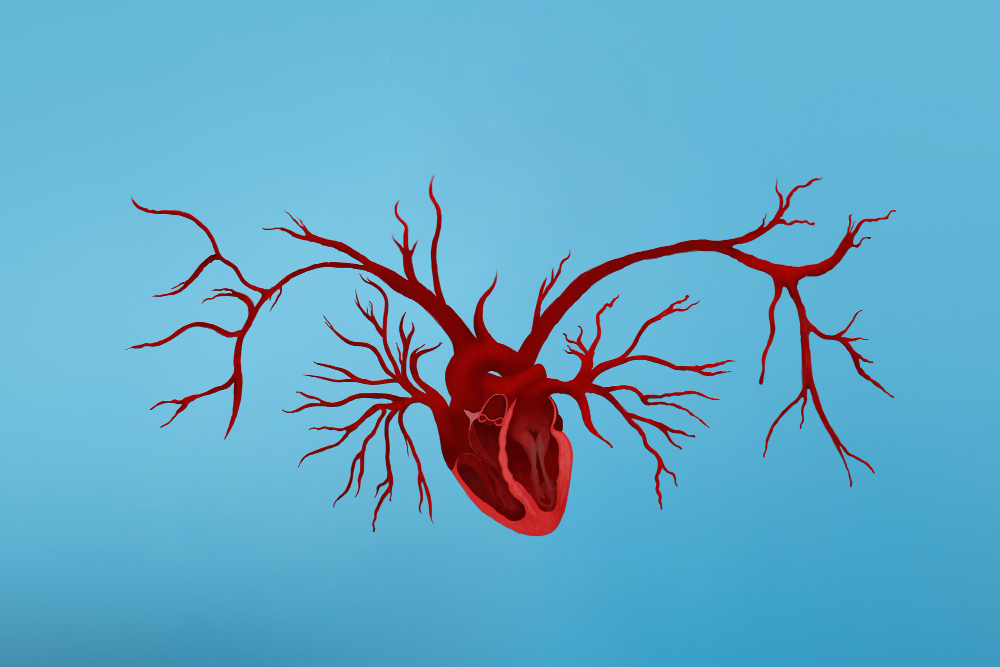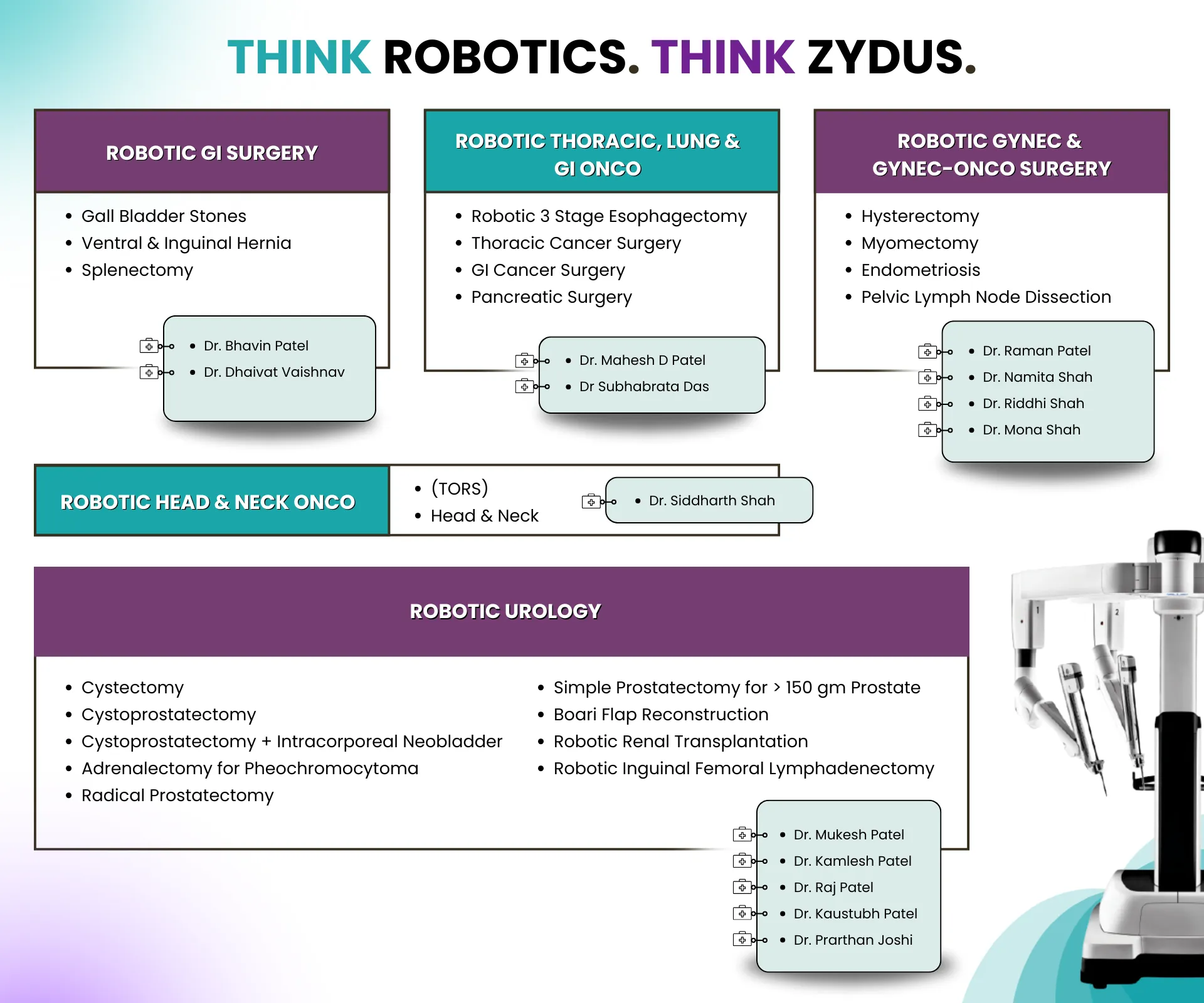
Coronary Artery Disease
- Medical Specialities
- Cardiac Sciences
- Cardiovascular Medicine
- Coronary Artery Disease
-
Coronary artery disease
-
Coronary artery disease (CAD) occurs when the coronary arteries that supply blood to the heart /cardiac muscles narrow or harden due to plaque buildup in the inner walls or lining of the arteries (atherosclerosis), reducing blood and oxygen supply to the heart.
-
The most common symptoms of CAD are:
-
- Chest pain (angina)
- Breathlessness
- Irregular heartbeats or palpitations
- Dizziness
- Fatigue
- Swollen limbs
- Weakness or numbness in legs or arms

-
If one notices any such symptoms, it’s time to connect with the medical experts.
-
The common tests for CAD are ECG, Stress tests, Angiography, and Cardiac Tilt Test / Tilt Table Test.
-
The treatment course for CAD depends on the severity of the condition which is identified by the physician.
-
The treatment for CAD depends on the severity of the condition. The stage will be also identified by the physician. If one notices any such symptoms, it’s time to connect with the medical experts. After the diagnosis the treatment can start. It will also depend whether the lifestyle medications can also help in this scenario or not besides medication.
-
Some common treatment options include:
-
Lifestyle changes and medications:
-
Often the first step to managing symptoms and preventing disease progression. Several medicines can be used to improve the symptoms of CAD and help prevent future heart attacks.
-
Coronary angioplasty:
-
A non-surgical procedure is done to dilate (widen) narrowed or blocked arteries when symptoms are severe or when the blockage occurs in a dangerous location. A thin tube called a catheter with a deflated balloon on its tip is passed into the narrowed artery segment, After this, the balloon is inflated to widen the artery, and the catheter is withdrawn.
-
Stenting:
-
A non-surgical procedure where a tiny metal coil is expanded inside the blocked artery and is placed in such a way that keeps arteries open.
-
Atherectomy:
-
A non-surgical procedure that inserts a specialized tiny device on the end of a catheter inside the artery and the plaque is "shaved" or removed.
-
CABG (Coronary Artery Bypass Graft):
-
A surgical procedure (open heart surgery) for patients with extensive blockages.

Search Doctor / Diseases
